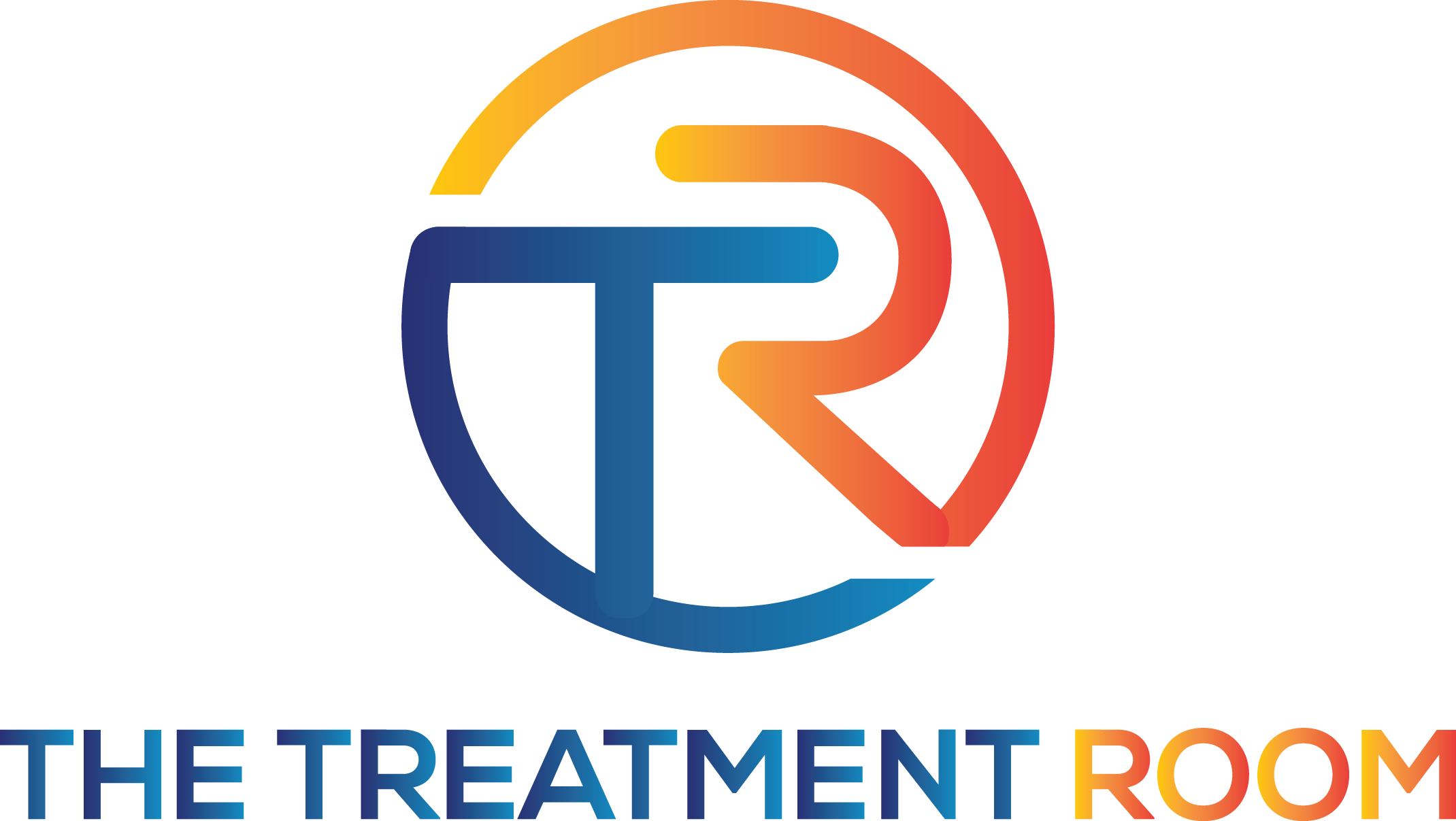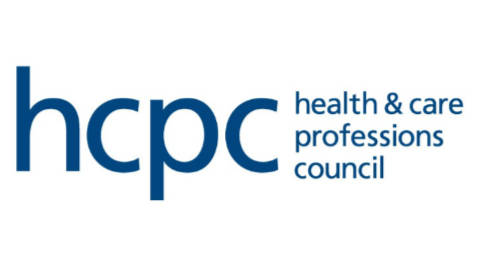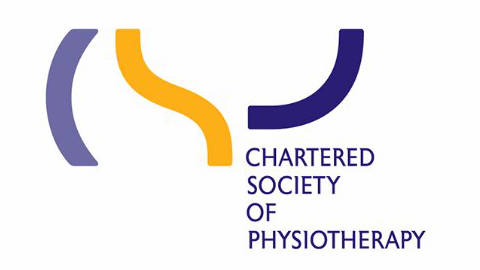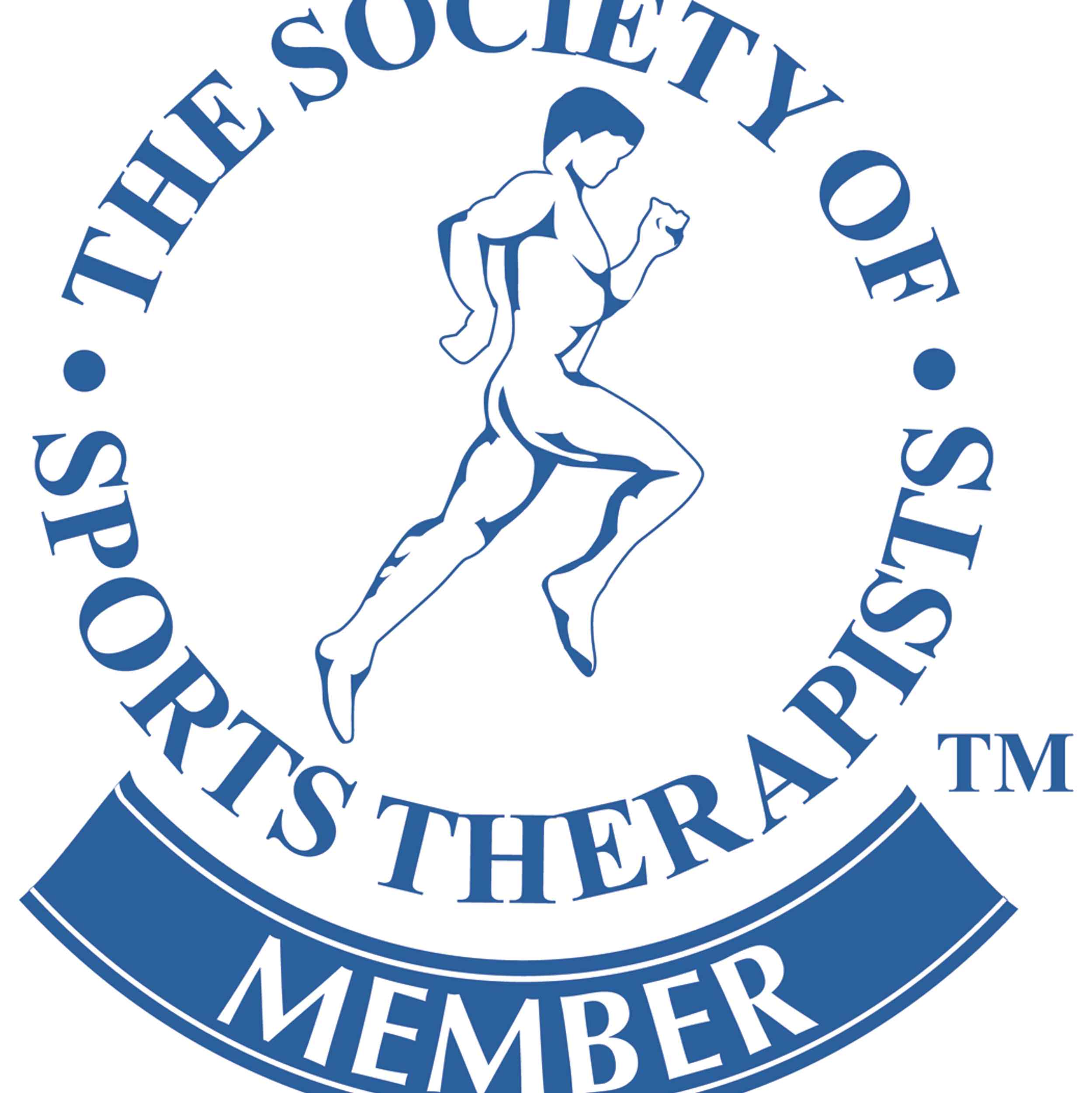Introduction
Lower back pain is a common ailment that can be debilitating, affecting people of all ages and lifestyles. Whether it’s due to a sedentary job, poor posture, an injury, or age-related conditions, lower back pain can be extremely uncomfortable and limit your daily activities. In this blog post, we will explore various causes of lower back pain, including sciatica, nerve pain, spondylosis, spinal fusion, facet joint pain, spondylolisthesis, degenerative disc, and disc bulge. We will also discuss ways to manage and alleviate this discomfort.
Understanding the Causes
- Sciatica and Nerve Pain: Sciatica is a specific type of lower back pain caused by compression or irritation of the sciatic nerve. The sciatic nerve is the longest nerve in the body, running from the lower back down the back of each leg. Sciatica often results in shooting pain, tingling, or numbness in the lower back, buttocks, and down one leg.
- Nerve pain can be a result of various underlying conditions, including herniated discs, spinal stenosis, or spondylolisthesis.
- Spondylosis: Spondylosis, also known as osteoarthritis of the spine, is a degenerative condition where the discs and joints in the spine start to wear down with age. This can lead to pain, stiffness, and a reduced range of motion in the lower back.
- Spinal Fusion: Spinal fusion is a surgical procedure used to treat severe lower back pain when other conservative treatments fail. It involves fusing two or more vertebrae in the spine to stabilise them. This procedure is often recommended for conditions like spondylolisthesis or severe degenerative disc disease.
- Facet Joint Pain: The facet joints are small joints located between the vertebrae in the spine. When these joints become inflamed or damaged, they can cause facet joint pain. This type of pain is often felt in the lower back and can be sharp and localised.
- Spondylolisthesis: Spondylolisthesis occurs when one vertebra slips forward over the one beneath it. This condition can result in lower back pain and can lead to compression of the spinal nerves, causing sciatica and other symptoms.
- Degenerative Disc and Disc Bulge: Degenerative disc disease is a common cause of lower back pain, especially as people age. It involves the breakdown of the spinal discs, leading to discomfort and reduced mobility. In some cases, a degenerative disc can also develop a disc bulge or herniation, putting pressure on surrounding nerves and causing pain.
- Muscle Pain: Muscle pain is a common contributor to lower back discomfort. Poor posture, muscle imbalances, and overuse can strain the muscles of the lower back, leading to pain and stiffness. Strengthening exercises, stretching, and proper ergonomics can play a crucial role in managing and preventing muscle-related lower back pain.
Our Physiotherapists and Sports Therapists play a crucial role in the management and treatment of lower back pain. They use a variety of techniques and modalities to alleviate pain, improve function, and prevent further issues. Here are some of the treatments and interventions that a our therapists may employ for lower back pain:
- Assessment and Diagnosis: Our therapists begin by thoroughly assessing your condition to determine the underlying causes of lower back pain. This will include but isn’t limited to, range of motion and functional strength testing, specific muscle testing and diagnostic tests to rule out serious pathologies. This evaluation helps them to create a tailored treatment plan.
- Education and Self-Management: One of the essential aspects of physiotherapy is educating patients about their condition and how to manage it. This may include teaching proper posture, body mechanics, and ergonomics to prevent exacerbating the pain.
- Manual Therapy: Our experienced therapists at the Treatment Room may use hands-on techniques, such as joint mobilisation, soft tissue massage, myofascial cupping and acupuncture to improve joint mobility and reduce muscle tension in the lower back.
- Exercise Prescription: At the Treatment room we have over 2 decades of experience providing specific exercises designed to strengthen the muscles that support the lower back, improve flexibility, and enhance core stability. These exercises help reduce pain. Our therapists specialise in working with a range of patients to improve their functional capacity. This may involve designing a specific program that builds functional strength that helps individuals return to their normal activities and work without pain or discomfort.
- Imaging referrals: At the Treatment room all our therapists are able to refer clients for diagnostic imaging. If we feel it is necessary we will write a personal referral for an MRI or X-ray, in order to help determine the injury you may have.
- Stretching and Range of Motion Exercises: Our therapists may recommend stretching routines to increase flexibility, mobility and maintain a healthy range of motion in the lower back and surrounding areas.
- Ergonomic Assessment: If the lower back pain is related to work or daily activities, our Physiotherapists and Sports Therapists can provide advice on ergonomic modifications to reduce strain and discomfort.
- Patient-Centred Approach: Our treatments are highly personalised. Our therapists work closely with patients to set goals, monitor progress, and adjust the treatment plan accordingly.
At The Treatment Room we follow a patient centred approach to your treatment, providing you with a specific plan that meets your current condition, needs, and future goals.. This aims to address the unique causes of your lower back pain and guide your return to pain free function and comfort.
Lower back pain can be caused by various factors, as mentioned above, but with the right treatment, education and support from our therapists at the Treatment Room we can guide you on the path to confidently improve your back pain.
If you’re suffering with lower back pain please don’t hesitate to contact our team on 01633 479029 or book your appointment online with any of our practitioners in Newport, Cardiff or Penarth.



